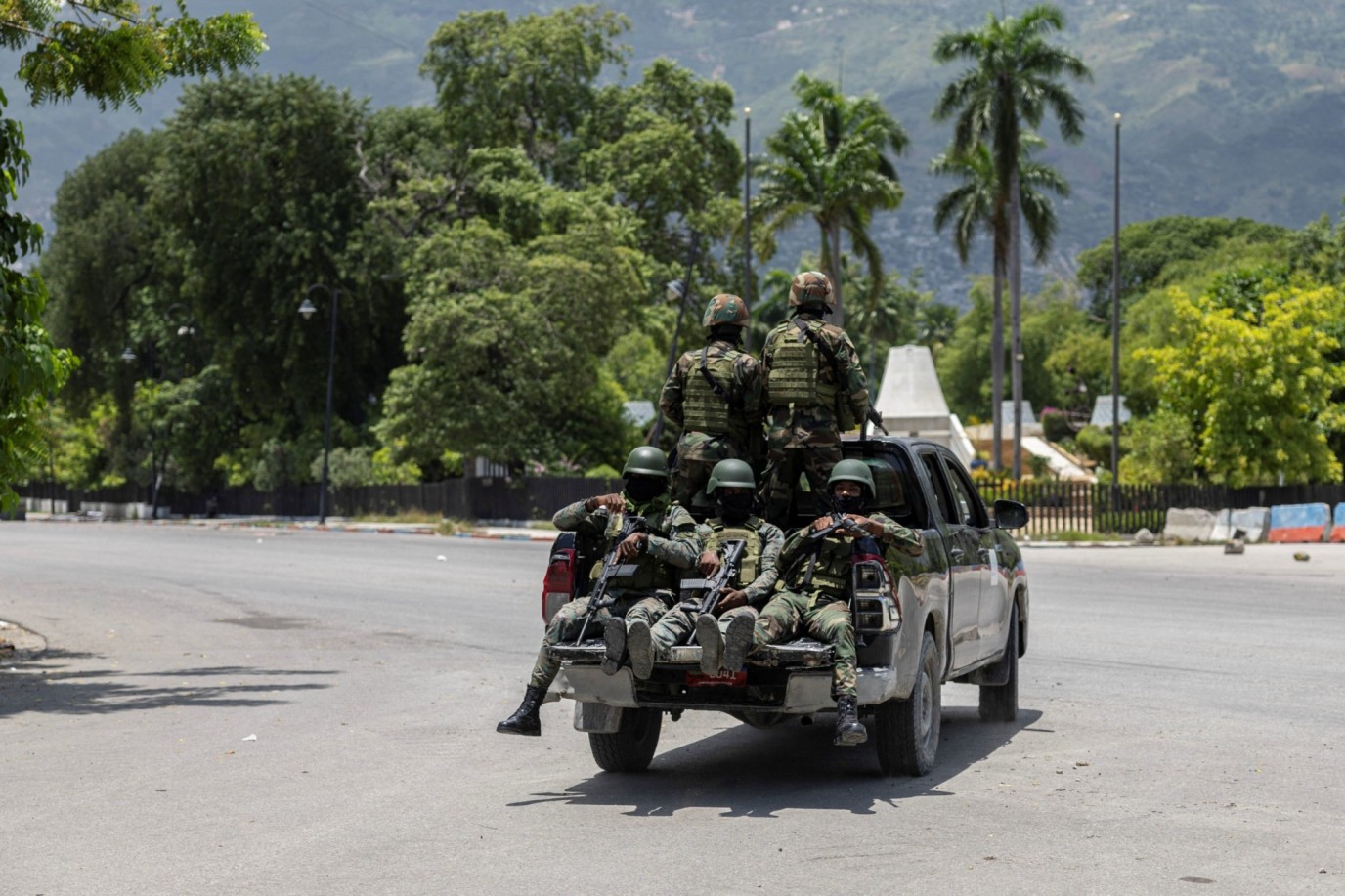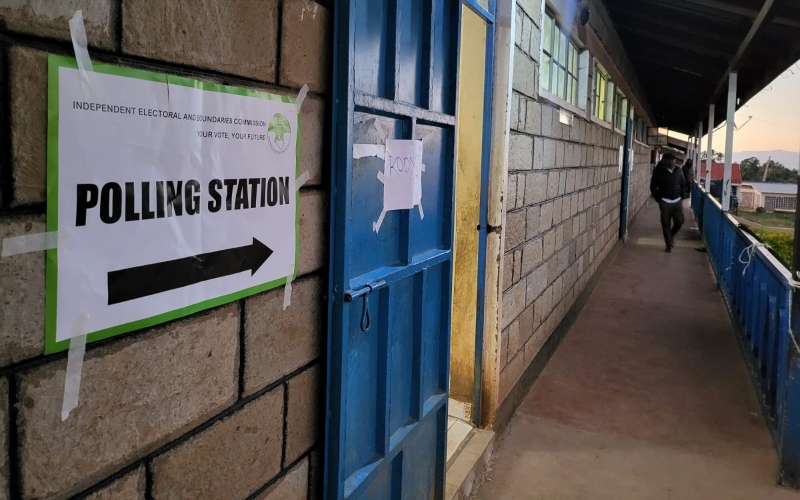Reluctant UN member states urged to support Kenyan-led mission in Haiti

During a UN Security Council session on Wednesday, the United States and Canada emphasised that the international community needed to follow through on commitments to the Kenyan-led mission.
The orchestrators of the Kenyan-led multinational security mission in Haiti are raising concerns about UN member countries' reluctance to contribute funds.
During a UN Security Council session on Wednesday, the United States and Canada emphasised that the international community needed to follow through on commitments to the Kenyan-led mission, which has already deployed 200 Kenyan troops currently patrolling the streets of Haiti.
More To Read
- Haiti security forces say era of unchecked gang power is over as crackdown intensifies
- Green light for Gang Suppression Force tells Haitians ‘they are not alone’, Security Council hears
- ‘Unprecedented’ number of children on the run in Haiti
- Organisation of American States urges Washington to revive Haiti aid
- UN Security Council approves new "Gang Suppression Force" for Haiti
- Corporal Kennedy Mutuku Nzuve’s body arrives in Kenya from Haiti
During the meeting, member states were informed that only Sh2.7 billion of the Sh12 billion pledged had been raised.
This reluctance stems from mixed reactions to past foreign intervention failures in the Caribbean country.
"We call on all international partners to do more and give more," US ambassador to the United Nations, Linda Thomas-Greenfield, said of the paltry amount of money raised.
She emphasised that the funds would ensure Haitians received the peace and stability they deserve, allowing them to go to work, school, or places of worship without the threat of violence.
Representatives of Council members and concerned countries, including Kenya, spoke during the meeting about the havoc gangs have wreaked on Haiti's communities. They emphasised the urgent need for financial contributions to support the Multinational Security Mission.
Kenya, represented by Njambi Kinyungu, the chargé d'affaires following Martin Kimani's departure, stated that since their arrival, the Kenyan contingent has held operational meetings with the Haitian National Police and commenced joint operations, conducting several significant assessments to guide the mission's efforts.
Noting that Haiti's interim Prime Minister has announced a robust strategy to liberate the country from gang control, he urged donor countries to "convert pledges into concrete support."
Washington has decided not to send US military forces to intervene in the situation, and will instead "enable and encourage our international partners to resolve it themselves,".
According to analysts, many in the US are wary of Washington's history of occupation and intervention in Haiti. In 1915, the US invaded Haiti and occupied it for nearly two decades, ostensibly to restore order, but it left behind more chaos.
Restoring democracy Jonathan M Katz, author of "The Big Truck That Went By; How the World Came to Save Haiti and Left Behind a Disaster", criticises the US for backing a "democratic vacuum" in Haiti since President Jovenel Moise was assassinated in July 2021 without supporting a plan to restore democracy.
In 1994, President Bill Clinton, in what they called 'Operation Uphold Democracy', sent more than 20,000 troops to restore ousted President Jean-Bertrand Aristide to power after a 1991 military coup. The move worked, and the junta backed down.
But this was short-lived. Ten years later, the United States in 2004 led another international intervention when President Aristide's government was again toppled. All these interventions by the States never worked. They failed to democratize Haiti. Canada, which has a linguistic and geographical advantage, doesn't want to deploy.
Ottawa pushed back last year after pressure from Washington, refusing to be dragged into what they perceived as a 'Haitian Quagmire' according to Canadian Public broadcaster, CBC.
The Canadian Chief of Defence Staff General Wayne Eyre said he doubted Canada could pull off such a mission right now, given its commitments in Europe, especially the support directed to Ukraine. One of the mission's primary goals is to create a secure environment for restoring democracy in Haiti and ensuring that elections can take peace
Top Stories Today














































